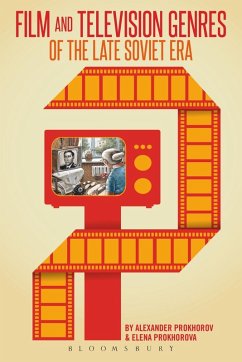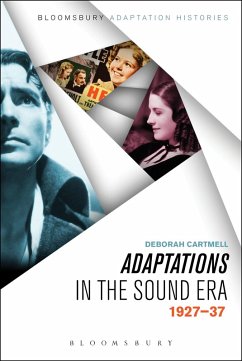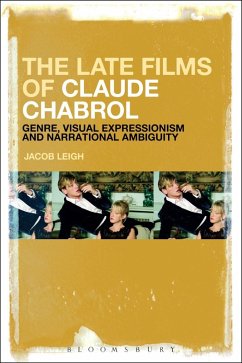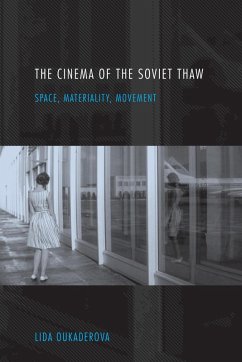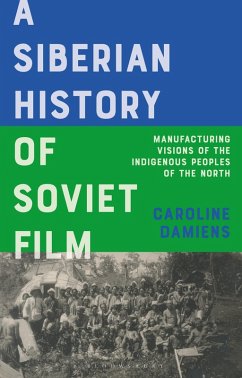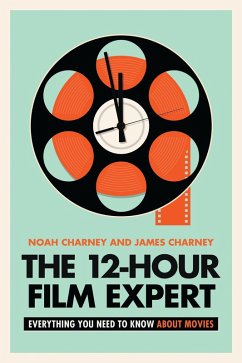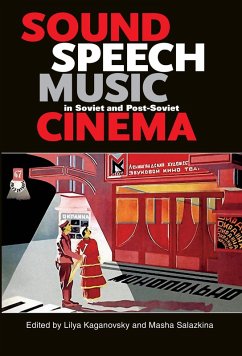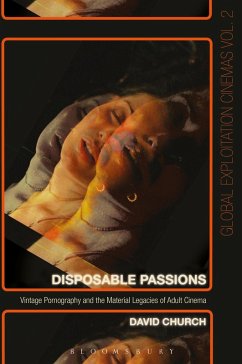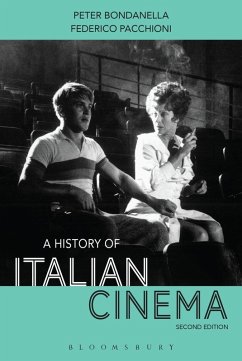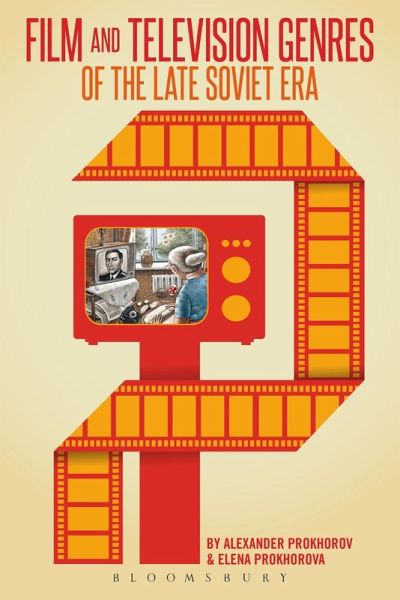
Film and Television Genres of the Late Soviet Era (eBook, ePUB)
Versandkostenfrei!
Sofort per Download lieferbar
24,95 €
inkl. MwSt.
Weitere Ausgaben:

PAYBACK Punkte
12 °P sammeln!
Most histories of Soviet cinema portray the 1970s as a period of stagnation with the gradual decline of the film industry. This book, however, examines Soviet film and television of the era as mature industries articulating diverse cultural values via new genre models. During the 1970s, Soviet cinema and television developed a parallel system of genres where television texts celebrated conservative consensus while films manifested symptoms of ideological and social crises. The book examines the genres of state-sponsored epic films, police procedural, comedy and melodrama, and outlines how tele...
Most histories of Soviet cinema portray the 1970s as a period of stagnation with the gradual decline of the film industry. This book, however, examines Soviet film and television of the era as mature industries articulating diverse cultural values via new genre models. During the 1970s, Soviet cinema and television developed a parallel system of genres where television texts celebrated conservative consensus while films manifested symptoms of ideological and social crises. The book examines the genres of state-sponsored epic films, police procedural, comedy and melodrama, and outlines how television gradually emerged as the major form of Russo-Soviet popular culture. Through close analysis of well-known film classics of the period as well as less familiar films and television series, this groundbreaking work helps to deconstruct the myth of this era as a time of cultural and economic stagnation and also helps us to understand the persistence of this myth in the collective memory of Putin-era Russia. This monograph is the first book-length English-language study of film and television genres of the late Soviet era.




